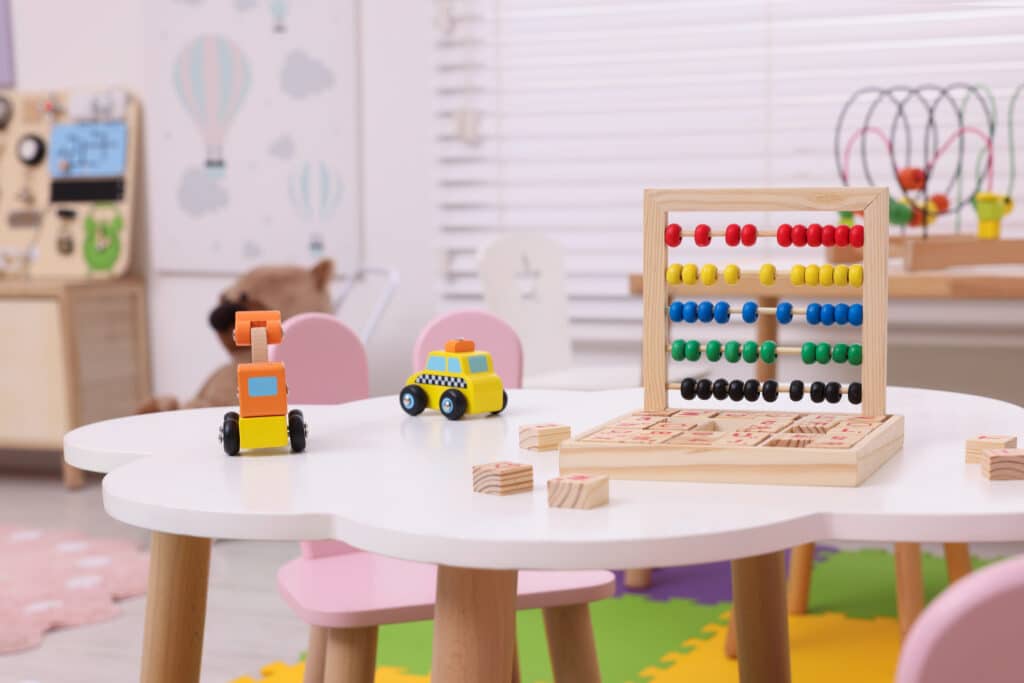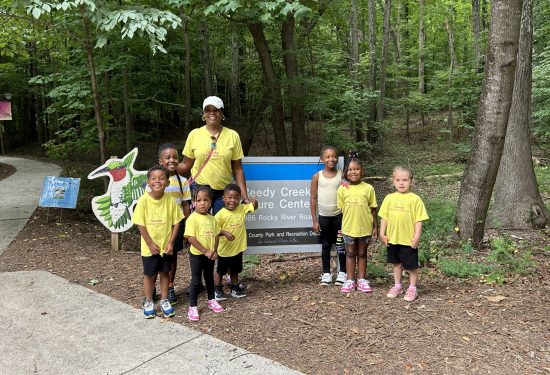Home Grown celebrates the Council of Economic Advisers brief, Child Care Is Infrastructure: Evidence from Universal Pre-K. For over 3 years we have invested in research that highlights the importance of including Family Child Care (FCC) in public pre-K systems. Family child care supports millions of underserved families with flexible, culturally responsive care—essential for equity and access. Yet, only 8 out of 75 large cities and 24 states include FCC in public pre-K. That’s why Home Grown is excited to be working with NIEER this fall to support a cohort of public pre-K systems with targeted TA and evidence-based tools to modify their pre-K systems to include FCC.
Home Grown’s Statement on the Council of Economic Advisers Brief: Child Care Is Infrastructure—Evidence from Universal Pre-K

Alexandra R. Patterson is the Director of Policy and Strategy at Home Grown. Her work focuses on policy solutions that equitably distribute resources to home based child care providers and strengths based frameworks for understanding quality in home based child care settings. Her passion for early childhood is driven by a centering belief in access to quality education for all as a social justice issue.



